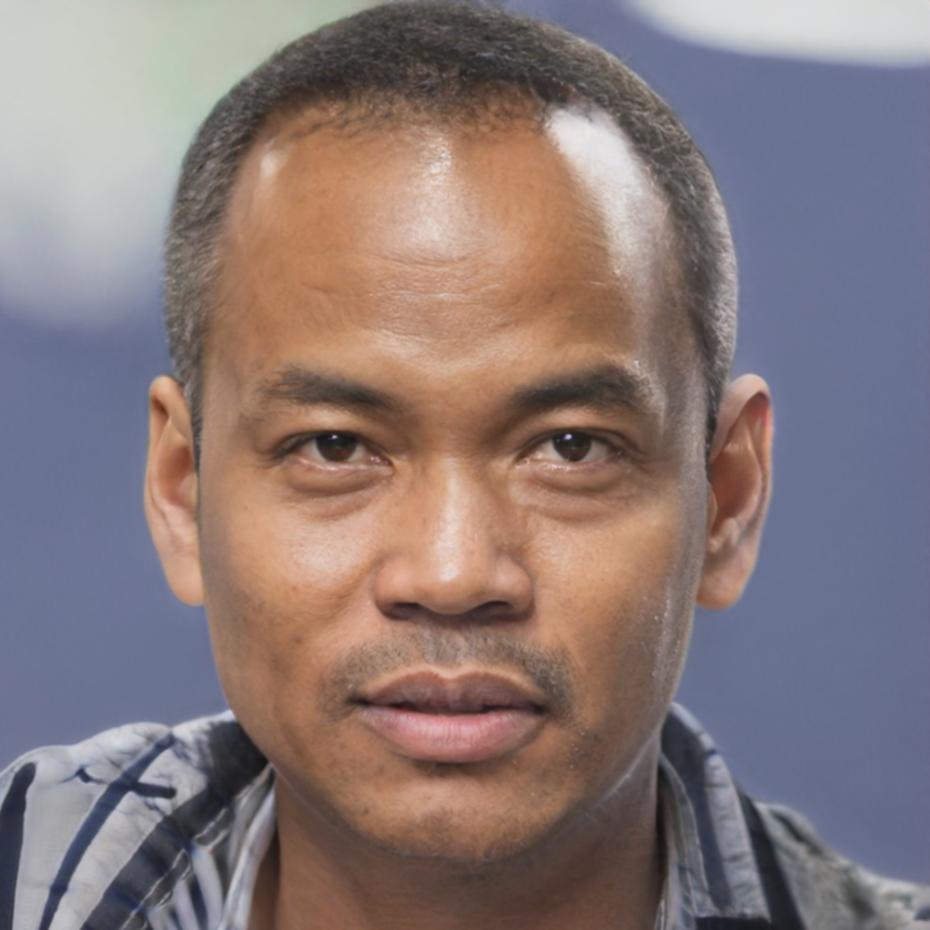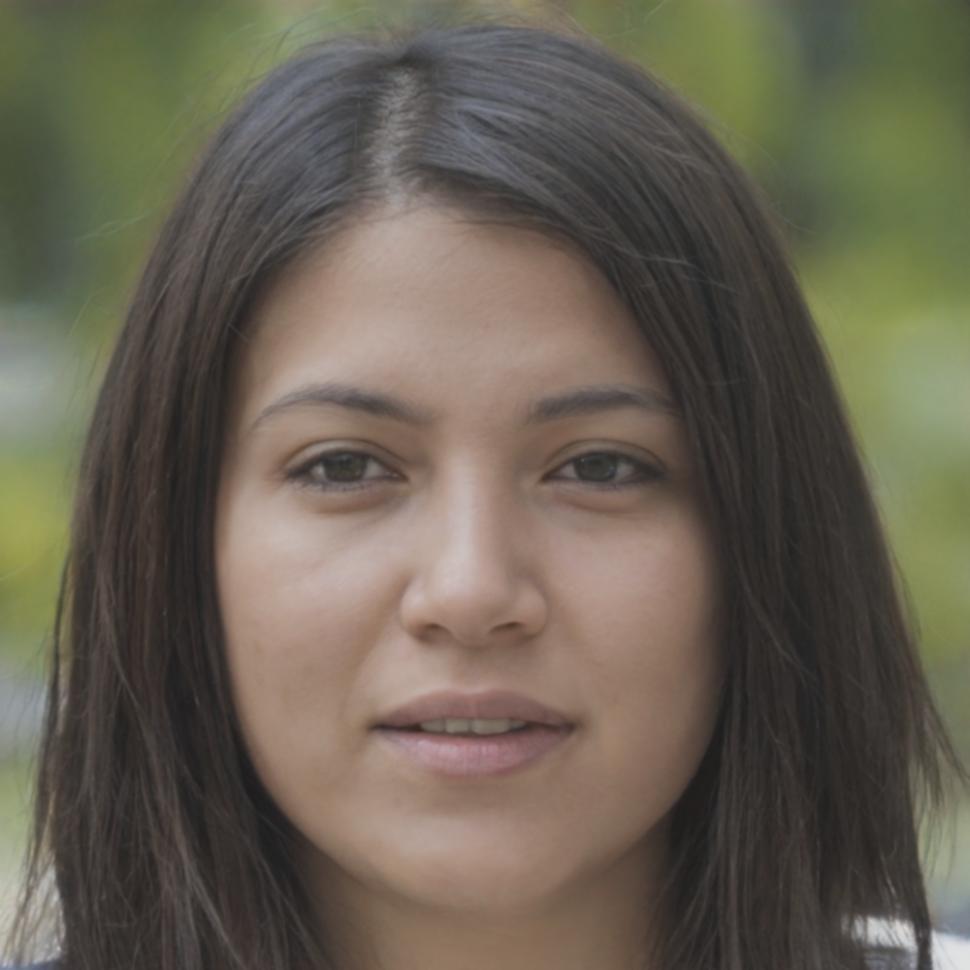Getting Ready for Financial Control
Before diving into budgeting strategies and financial planning, there are a few practical things worth sorting out. We've helped hundreds of Australians take their first steps toward better money management since 2019, and honestly, the people who spend a bit of time preparing tend to see results faster.
Gather your financial documents
Understand your current spending
Set aside 30 minutes weekly
Choose your tracking method

The Right Mindset Makes All the Difference
Look, we're not going to pretend that managing money is always exciting. But the clients who stick with budgeting usually share a few common attitudes. They're curious rather than judgmental about their spending habits. They're willing to look at bank statements even when it's uncomfortable.
What we've noticed over six years working with Australian households is that small, consistent efforts beat dramatic overhauls every time. You don't need to be perfect—you just need to be willing to pay attention.
- Being honest about where money actually goes each month
- Accepting that the first month is usually messy and imperfect
- Staying patient when results take a few weeks to appear
- Asking questions when something doesn't make sense
- Adjusting your approach based on what actually works for you
What Learning Actually Looks Like
Our budgeting programs starting in September 2025 are designed around how real people learn financial skills—not through theory alone, but through guided practice with your own money situation.
Weekly Time Investment
Most participants spend about 2-3 hours per week during the 12-week program. That includes watching instructional videos, working through your own budget, and participating in group discussions.
The heaviest time commitment is usually in weeks 2-4 when you're setting up your tracking systems. After that, it's mostly maintenance and adjustments.
Collaborative Learning Style
You'll be working alongside 15-20 other people in similar situations. Some find sharing their challenges helpful. Others prefer to listen and learn from peers' questions.
The facilitators don't lecture at you—they guide discussions, answer specific questions about your budget, and help troubleshoot when things get confusing.
Real Progress Timeline
In the first month, you're mostly just gathering data and understanding patterns. By week 6, most people start making deliberate changes to their spending. By week 10, you're typically refining a system that fits your lifestyle.
We track progress through your own goals—not arbitrary benchmarks that might not apply to your situation.
Support Between Sessions
You'll have access to a private discussion forum where you can ask questions anytime. Our team typically responds within 24 hours on weekdays.
There are also optional monthly check-ins available for six months after the program ends, which about 60% of graduates use.
Learning From People Who've Been There
One thing that surprises people about our programs is how much they learn from each other. We intentionally keep groups small and mix people from different backgrounds—a retail worker might offer insights a lawyer never considered, and vice versa.
The folks you see here are some of our past facilitators and program graduates who occasionally drop into sessions to share their experiences. Mitch runs a small cafe in Newcastle and completely restructured his business finances after taking our program in 2023. Elena works in healthcare and helps new participants understand how shift work affects budgeting.
Bree joined our autumn 2024 cohort after a divorce left her managing money solo for the first time in 18 years. She now co-facilitates our sessions for single parents because she understands that specific situation so well.
You're not just getting instruction—you're joining a network of people who genuinely understand the challenges of Australian household budgeting in 2025.

Mitch Carruthers
Small Business Owner

Elena Papadopoulos
Healthcare Worker

Bree Whitman
Parent & Peer Support
Resources You'll Want Before Starting
These aren't requirements, but having them ready makes the first few weeks smoother. Most participants gather these materials during the week before the program begins in September.
Bank Statements
Three months of transaction history from all accounts you use regularly. Digital exports work fine—no need to print anything.
Tracking Tool
We provide templates for spreadsheets and apps, but you can use whatever method you'll actually stick with. Even a notebook works.
Financial Goals
Just a rough idea of what you're trying to achieve. Could be saving for something specific or just feeling less stressed about money.
Our next intake for the 12-week Budgeting Fundamentals program opens for enrollment in August 2025, with sessions starting September 8th. We run both weekday evening and Saturday morning cohorts.
View Program Details